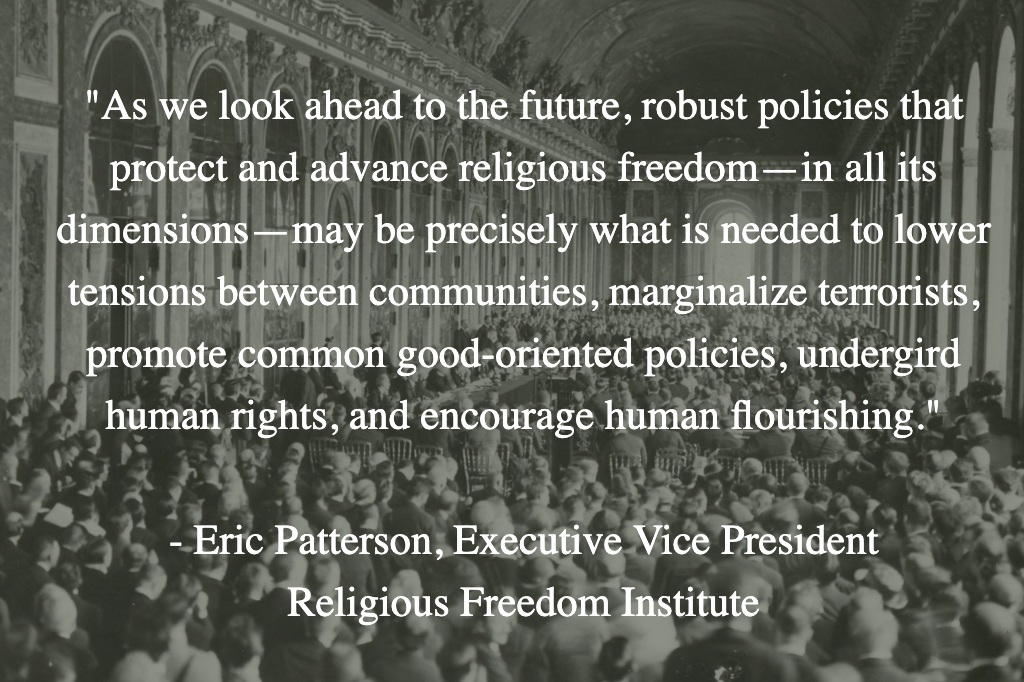Reflecting on the legacy of the Treaty of Versailles at its 100th anniversary, Eric Patterson, Executive Vice President of the Religious Freedom Institute, highlights how, in at least a limited way, it advanced the religious freedom of average citizens.
In an article for Providence, Patterson briefly unpacks the history around this set of treaties that signaled the end of World War I. These agreements ushered in an era when millions of people lived in newly created countries and President Woodrow Wilson’s vision of “self-determination” was a watchword of the day. Yet, what would happen for the many ethnic and religious minorities living in these countries? What would protect them?
The treaties called for protection of minority rights, as in Poland, which agreed to “such provisions as may be deemed necessary by the said Powers to protect the interests of inhabitants of Poland who differ from the majority of the population in race, language or religion.”
And in those areas now under the “mandates” of European powers, they were obligated to provide rule of law and “administration of the territory under conditions which will guarantee freedom of conscience and religion.”
The reality is that these obligations were often not fulfilled and the commitments to individual rights and religious freedom were not taken seriously enough. This can be seen in the political divisions and persecution that occurred along religious and ethnic lines far too frequently from World War II through the Balkan Wars of the 1990s.
Patterson concludes, “[A]s we look ahead to the future, robust policies that protect and advance religious freedom—in all its dimensions—may be precisely what is needed to lower tensions between communities, marginalize terrorists, promote common good-oriented policies, undergird human rights, and encourage human flourishing.”
Read the full article: The Treaty of Versailles and Religious Freedom.
THE RFI BLOG
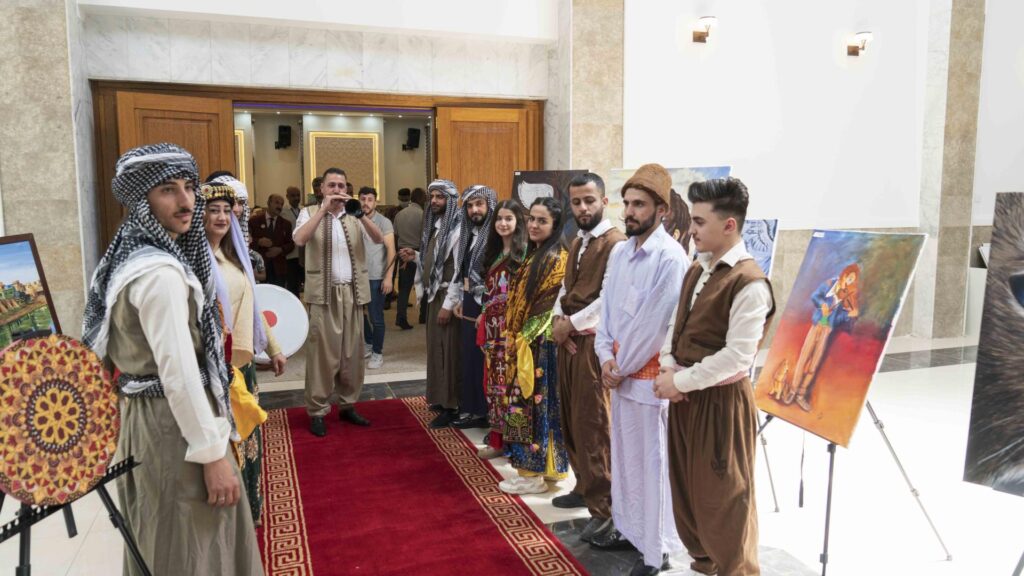
Addressing the Precarious Religious Freedom in Iraq
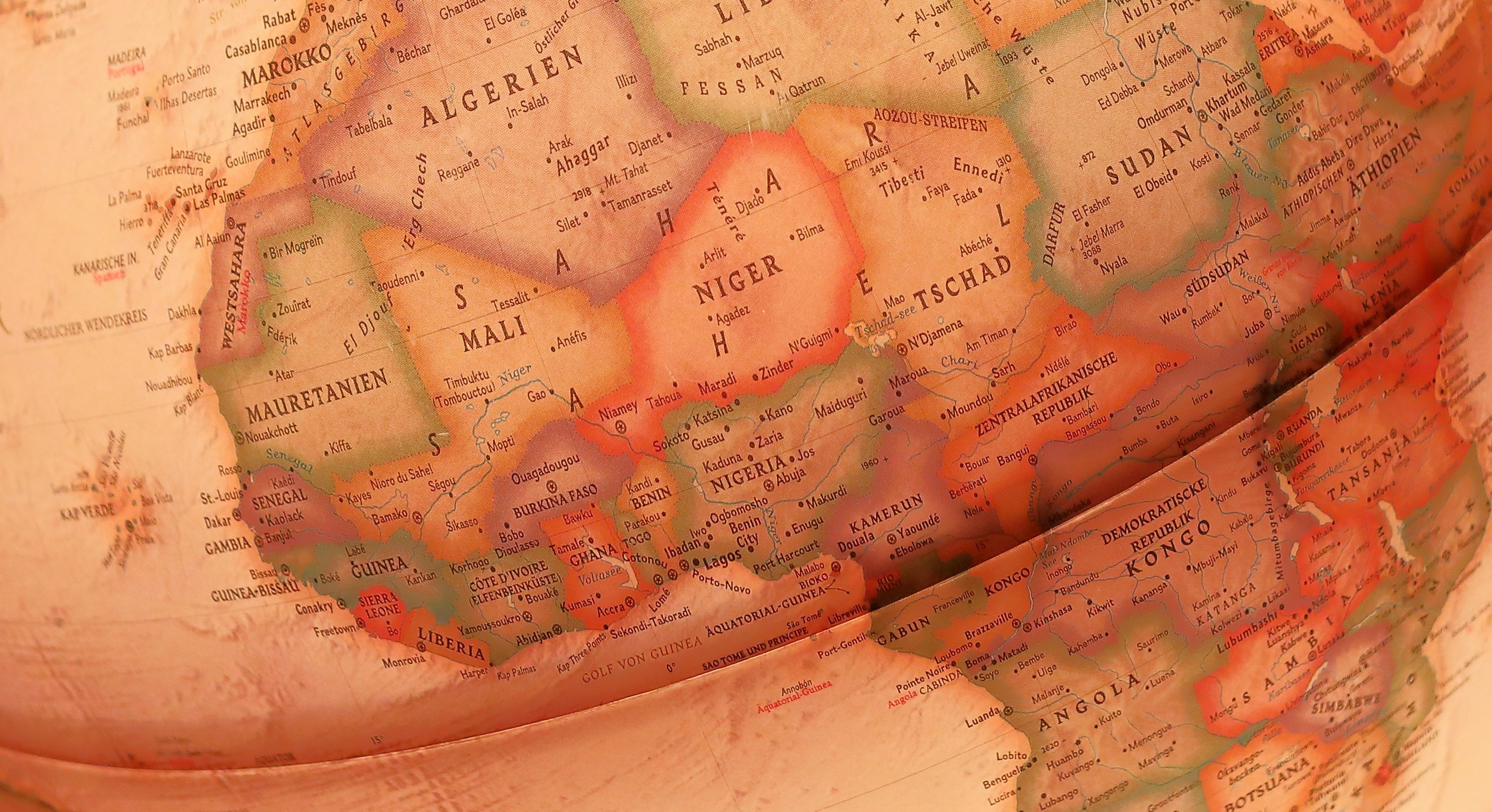
U.S. Must Redesignate Nigeria as a CPC Immediately
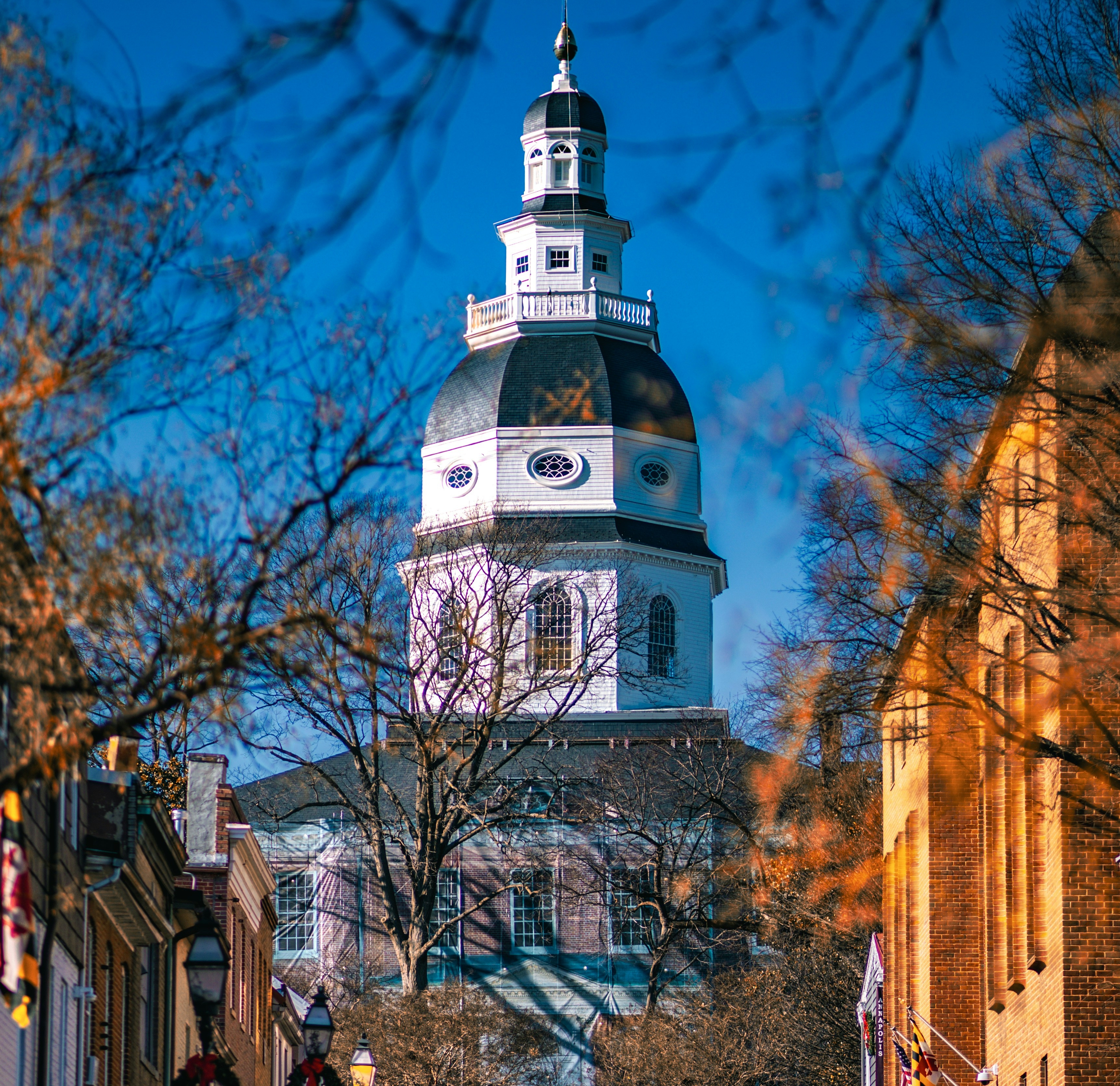
RFI Urges MD Lawmakers to Protect Children, Parents, and Health Care Providers
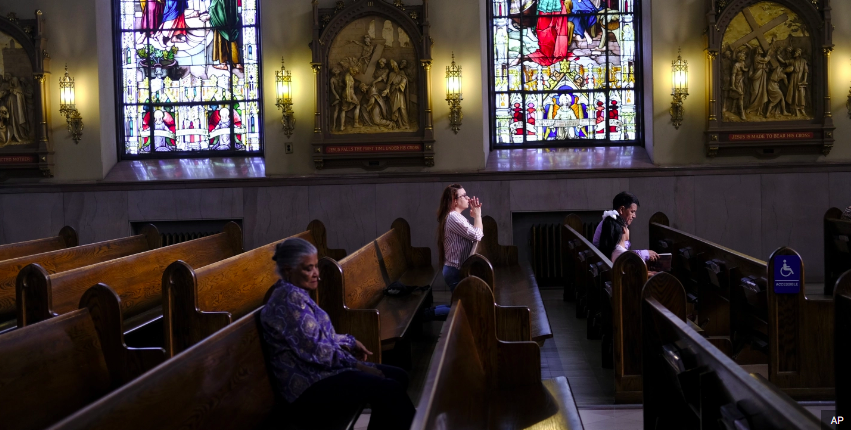
The Intersection of Religious Freedom and Immigration Enforcement
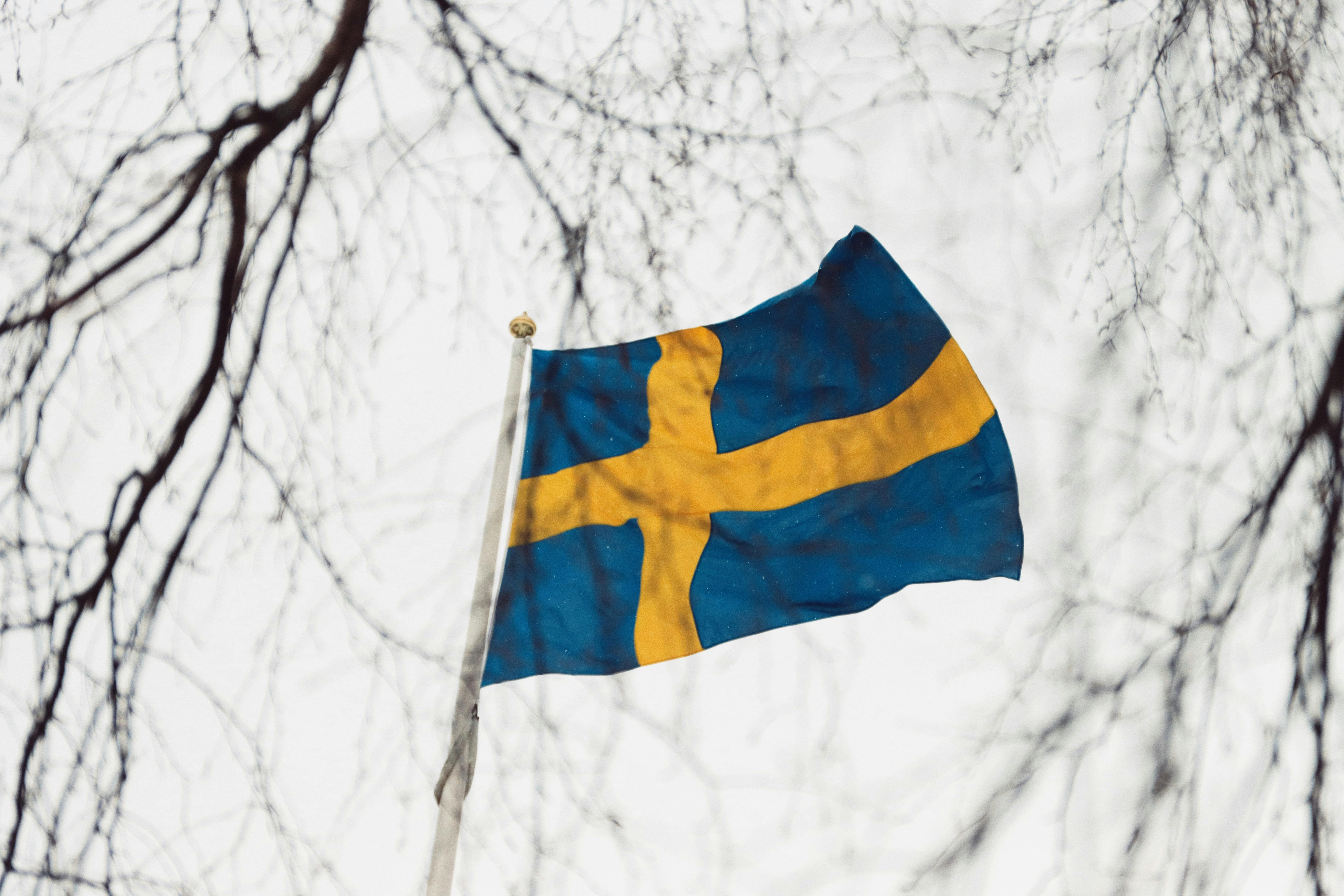
Following Quran Burnings, Will Sweden Stumble Into Anti-Blasphemy Laws?
CORNERSTONE FORUM

Reaffirming Religious Freedom: Bridging U.S. Advocacy and Iraq’s Constitutional Framework

Political Polarization, Same-Sex Marriage and Religious Liberty

Bridging the Gap Between International Efforts and Local Realities: Advancing Religious Freedom in the MENA Region

Challenges to Religious Freedom in Iraq and the Critical Need for Action


